Representations of indigenous people (i.e. population groups that were
subjugated and marginalized in processes of colonization and settlement
and turned into minorities in lands they had inhabited for centuries or
millenia) have a long history in literature and other media reaching
back to the very beginnings of colonial encroachment. For much of this
time, indigenous cultures and societies were represented by those who
colonized them, and even today, there is a legacy of colonialist and
racist signification practices that makes its presence felt in
contemporary culture. At the same time, indigenous writers and artists
have voiced indigenous concerns and disseminated indigenous perspectives
for many decades, so that there is now a rich and diverse history of
indigenous literature, art, theatre – and cinema. This seminar will look
at the work of indigenous film makers from Canada, Australia and New
Zealand and will explore the diversity of indigenous film making. We
will discuss the politics of indigenous cinema and analyse very
different aesthetic modes of “doing indigenous film”, ranging from
avantgarde styles employing oral modes of narration to social drama and
comedy.
- Trainer/in: Clara Hebel
- Trainer/in: Frank Schulze-Engler
